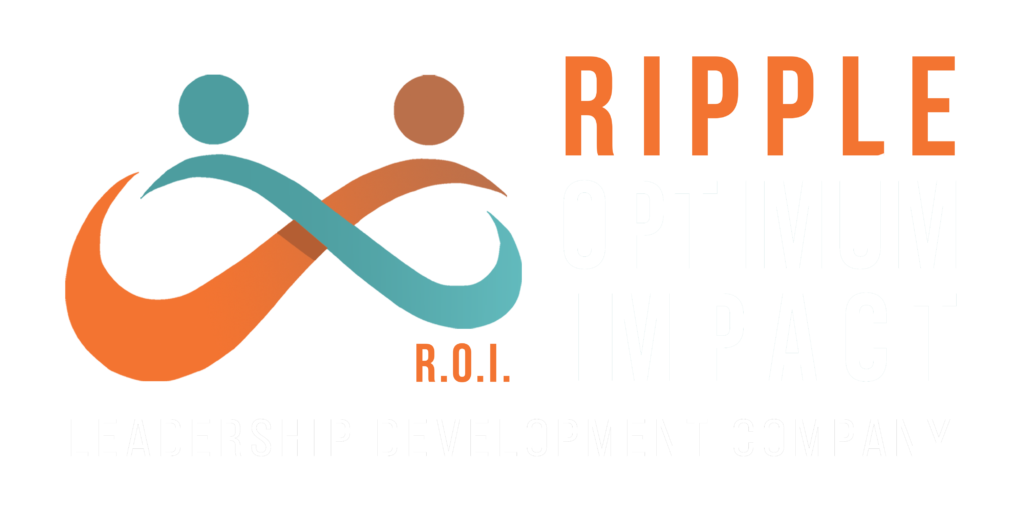
Blog


Even in the days when we were still living in caves, I imagine people worried about the moral compass of those in authority. Good monarchs and horrible kings, magnificent and wicked empires, powerful and ineffective presidents—all are described in detail in our history books. While there are numerous books about the morality of great leaders, very few books, have been written about the theoretical underpinnings of leadership ethics.
To be a leader who acts ethically, one must adhere to a widely accepted code of conduct that provides a solid foundation for the greater good. In this article, we will look at the six characteristics of an ethical leader. Ethical leadership has numerous facets but can be summed up with eight traits.
Truthfulness. Being honest is one of the defining characteristics of trustworthy leaders. Regarding leadership, having integrity means telling it like it is, treating competitors with respect, and being honest in your dealings with others.
Consistency. Ethical leaders are aware of the fact that repetition is the foundation upon which reputation is formed. No matter how ethically they have acted in the past, leaders always run the risk of having their followers swiftly lose faith in them if they engage in behavior that betrays the trust that their followers have placed in them. Leaders must demonstrate consistently that followers can continue to put their faith in them.
Justice. Being fair requires not discriminating against anyone, providing everyone with an equal opportunity to achieve their goals, and vehemently opposing dishonest or manipulative strategies.
Respect. Ethical leaders demonstrate respect for those around them, regardless of the individuals’ ranks or other distinguishing characteristics. This suggests that they pay attention to all relevant parties, try to include everyone, and respect diversity among individuals.
Veracity. Integrity is demonstrated when a person’s values, words, and deeds are all in accord with one another and consistent with one another. It is not sufficient to say the right things; deeds speak louder than words.
Accountability. Recognizing the need to take charge of a situation, being at ease with the power and obligations that come along with leadership, and always being ready to take action in the face of challenges are all required components of accepting responsibility.
Transparency. The idea of transparency places a significant emphasis on maintaining open communication channels with all involved parties. Maintaining open lines of communication, being attentive to constructive criticism, and exchanging knowledge that assists others in performing their tasks effectively are all components of this goal.
Communication. Always be upfront with your team about your decisions and solicit their input whenever possible. This helps you become a better leader and makes it easier for your employees to feel comfortable discussing their ideas or concerns with you and the rest of the team. Your growth as a leader can be accelerated as well as the progression of your company when you solicit feedback from your staff.
Thus, leaders can exemplify moral behavior by influencing their followers. Ethical leaders can inspire followers to improve society by setting an example of moral behavior. Leadership is a long game and one that requires patience and perseverance.

Join Us in The Quest for Leadership Success and Expansion!
Experience the exponential returns on investment that arise from investing in your leadership development and making a lasting IMPACT in the world.
Overcome Obstacles in Your Leadership Role


Our Gallery of Triumphs to Keep On The Radar
Immerse yourself in a world of creativity and expression as we showcase a captivating collection of works. Each piece tells a unique story, inviting you to experience art in all its forms.
ROI






